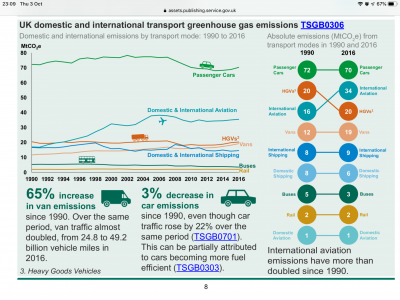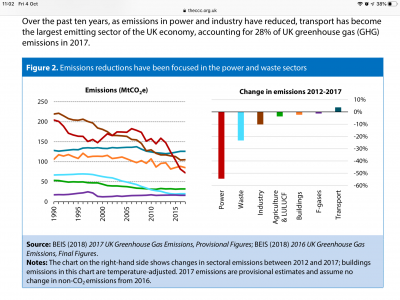OP
OP
Deleted member 6183
Guest
My city was bulldozed from the air in 1941, rebuilt in the 50s and run into the ground since the 80s.Cities need to be bulldozed and planned again to have a fully integrated public transport system. Not only that, but it also needs to be affordable and not so disgusting that you risk your health and being when using it.
Cities like Bath do better because there is something interesting to see when you get there, more ordinary places need a new initiative and I think that better vehicle access will work for them.
Some Spanish cities have really cool underground car parks, you have no idea that they are there until you see a ramp a bit like the unused one on Kingsway (Holborn).
Driving cars out of boring city centres is not doing them any favours.


